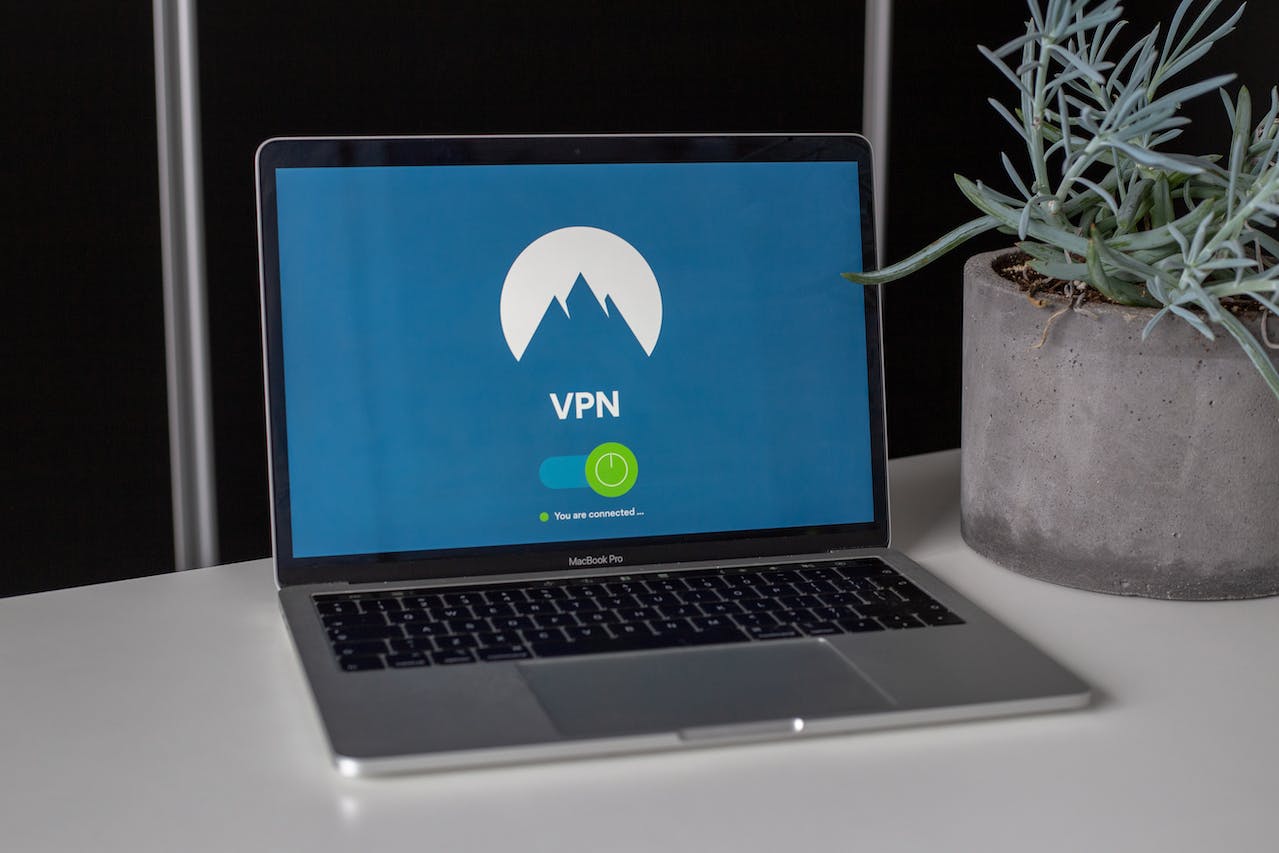Whether you run a brick-and-mortar business on your local high street or a charity with an exclusively online presence, decisions regarding your digital infrastructure are critical. There are plenty of acronyms to wrap your head around in the digital infrastructure realm, including two stalwarts known as VPN and VPS. Both are relevant in today’s online landscape though it’s important to understand the differences between the two.
In this article we’ll take a deep dive into Virtual Private Network (VPN) and Virtual Private Server (VPS) technologies, unpacking their unique advantages, capabilities and limitations. The goal of this VPS vs VPN breakdown? To empower you with the knowledge to make smart decisions that support your organisation’s digital journey.
Understanding the acronyms: VPS vs VPN
Before we get started, let’s take a moment to define exactly what VPN and VPS stand for.
Virtual Private Network (VPN)
A Virtual Private Network (VPN) serves as a secure tunnel that connects business devices to the internet. This includes smartphones, desktop computers, laptops and tablets. The technology encrypts data to enhance security and privacy, a feature that’s especially useful when accessing the internet through public networks. VPNs have become synonymous with remote work and actively protect your data from prying eyes.
Virtual Private Server (VPS)
A Virtual Private Server may sound similar to a Virtual Private Network but has a completely different function. The term describes a virtual environment located within a larger physical server. A VPS relies on shared resources but offers users a dedicated digital space that operates independently from its neighbours. The technology bridges the gap between shared hosting and dedicated servers, providing users with a high level of performance, control and scalability.
The roles of VPN and VPS
Now you know more about VPS vs VPN, let’s take a closer look at their key functions.
VPN: a guardian of digital privacy
Key functions of VPN
- Anonymous surfing
VPNs hide your online identity by masking your IP address and enabling anonymous web browsing. This doesn’t give your employees free reign to scroll through their socials or research holiday destinations, but it does help protect sensitive browsing data.
- Secure remote access
For businesses with remote or hybrid teams, VPNs create a secure pathway for accessing internal systems. This actively protects confidential data, even when employees connect to the network from different locations.
- Geo-restriction bypass
VPNs can bypass geographical restrictions and unlock access to region-specific content. This is advantageous for businesses with an international presence.
- Public Wi-Fi security
When your team is on the move, connecting to public Wi-Fi is inevitable. VPNs encrypt the data transmitted over public networks, a function that helps protect your business against potential cyber threats.
Limitations of VPN
- Limited server control
VPNs operate through servers operated by a third-party provider. Lack of direct control over these servers might present challenges for businesses with specific security or infrastructure requirements.
- Performance variances
VPN performance can be influenced by the server’s load and distance from connected users. During peak times, connection speeds may fluctuate and impact the user experience.
VPS: a powerhouse of control and performance
Key functions of VPS
- Dedicated resources
When it comes to performance, the allocation of dedicated resources makes it hard to compare VPS vs VPN. VPS hosting provides users with dedicated resources, a feature that delivers best-in-class server capabilities.
- Customisation capabilities
VPS provides users with root access to a private digital environment. This offers the freedom to install custom software, configure settings and tailor the environment to meet the unique needs of your operations.
- Scalability
VPS is easy to scale with your business. As your digital footprint expands, VPS allows you to seamlessly adjust resources. Whether it’s accommodating a surge in website traffic or meeting growing data storage requirements, VPS is ideal for growth-oriented businesses.
- Enhanced security
Unlike shared hosting, VPS hosting offers watertight security. Your virtual environment is isolated from other users which reduces the risk of security breaches.
Limitations of VPS
- Cost considerations
While VPS offers excellent performance and robust security features, it comes at a higher cost than shared hosting. For small businesses on a tight budget, investing in VPS may require careful consideration.
- Server management complexity
Efficiently managing a VPS requires a certain level of technical knowledge. Businesses without a dedicated in-house IT team might find this challenging. The solution? Managed VPS services offers by a third-party provider.
Choosing between VPS vs VPN
Ultimately, VPS and VPN are two very different services. Understanding the unique functions of each service, as well as the limitations, is the best way to choose between the two. Here are a few things to consider when deciding between VPN or VPS:
- Privacy and security priorities
If features like secure remote access, anonymous browsing and bulletproof security on public networks are a priority, a VPN can be a great investment.
- Performance and uptime
If lightning-fast load times, beefy data storage capabilities and round-the-clock uptime are on your radar, VPS emerges as a strong contender.
- Customisation needs
VPS offers the ability to customise your digital environment, a feature that makes the service ideal for users with unique needs.
- Budget constraints
Budget usually comes into play when designing digital infrastructure strategies. Wondering whether to opt for VPN or VPS? If your business needs centre around secure browsing and remote access, a VPN could be a worthwhile addition to your budget. If features like customisation and control are more important, VPS may be a better option.
- Scalability and growth plans
Businesses with growth in mind, especially those anticipating an increase in web traffic or expanding data storage needs, may find VPS better suited to their long-term goals.
Combining VPN and VPS: the ultimate digital solution
The digital landscape is continually evolving and becoming more intricate. This has seen a growing trend of combining VPN and VPS to create a hybrid solution. This approach aims to leverage the unique strengths of both technologies. Instead of choosing between VPN or VPS, service providers combine the two to offer clients a comprehensive toolkit for secure, scalable and efficient operations.
Benefits of the hybrid model
- Enhanced security and privacy
Integrating VPN with VPS is a clever way to fortify your digital infrastructure. VPN ensures secure data transmission, while VPS provides a dedicated and isolated environment for your operations. Together, they minimise the risk of security breaches and help keep your data safe.
- Scalability with control
The hybrid model allows businesses to scale resources according to demand, while maintaining control over server configurations. This flexibility is particularly beneficial for organisations with changing resource needs.
- Customisation capabilities
A hybrid VPN/VPS approach makes it easy to customise your digital infrastructure without compromising on security. VPN addresses privacy concerns, while VPS accommodates the need for custom features.
- Geo-optimisation
Combining VPN and VPS allows organisations to optimise their digital presence on a global scale. VPN effortlessly bypasses geographical restrictions while VPS ensures that website performance remains consistent across different regions.
VPN, VPS or a hybrid model?
In the digital realm, there is no one-size-fits-all solution. The needs of a small, British-based business may be completely different from those of a charity with an international presence. Ultimately, the choice between VPN, VPS or a hybrid model depends on the unique needs and priorities of your organisation.
Of course, budget also comes into play. Realistically, organisations with budget restrictions may need to choose between VPS vs VPN. In an ideal world, the hybrid model is the best solution and combines the benefits of both services.
The importance of a good internet connection
Whether you choose VPS, VPN or a hybrid model, a reliable internet connection is a must. Your internet service forms the foundation of your digital infrastructure strategy and can have a big impact on performance. For the ultimate in speed and reliability, consider Fibre-To-The-Premises (FTTP). Ideal for businesses that want to embrace the latest digital technologies, the ‘superfast’ service offers download speeds of up to 330Mbps and upload speeds of up to 50Mbps.
This is almost 20 times faster than standard ADSL, allowing you to take full advantage of VPN or VPS services, as well as cloud-based productivity tools and other data-heavy technologies.
Leverage hybrid cloud solutions with VS Group
Think your business can benefit from hybrid cloud solutions that incorporate both VPN and VPS services? Whether you’re a small business, charity or third-sector organisations, VS Group is your trusted ally for hybrid cloud solutions in the UK. Our integrated, fully managed services are designed to streamline your cloud infrastructure and propel your business towards its goals.
Hybrid services combine the best of both worlds, which means you don’t have to choose between VPN or VPS. Get in touch with a VS Group representative today to find out more about our industry-leading VPN and VPS solutions.





